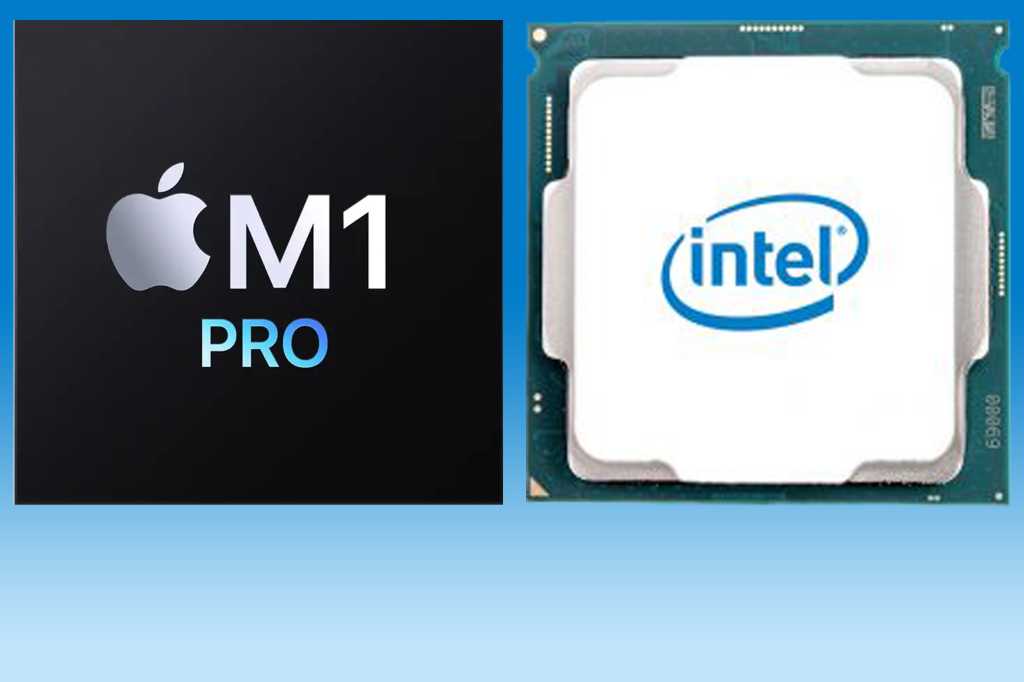I love apple hardware so I guess that puts me on the opposite side of the fence.
But as much as I love apple hardware, I'm not the biggest fan of their OS updates, so for the most part, I don't do them.
I have 2
mac minis and 2 macbook pros all running 10.14 or 10.15 and they're just fine.
Sure I don't do banking on them but I'm not generally worried about security issues on them any more than PCs running Windows 10 because they're appliances, not browse the web machines.
My personal
Mac is up to date, with Monterey(2021), because I don't like how Ventura looks, but Monterey will receive security updates for years and years.
What makes me question your dislike of Apple hardware is that Apple is
clear about what they're deprecating.
Mac models are labeled and there aren't even that many models. So when a new version of some software comes out and it doesn't support the 2013
Mac Pro - that's super obvious and easy for the developer to explain.
In PC land, you really need to be a computer nerd to understand what a TPM chip is or AMD 8 core or Pentium vs Core i3 7th gen. If you're a sound guy and need to make sure a computer you're about to buy meets the minimum requirements, PCs are a word salad of tech mumbo jumbo that isn't your forte.
I'm sure the computer people feel the same way about mics and speakers and LEDs and arc lamps
etc.
Even if I wasn't an Apple fan, having the clarity and
transparency of Apple's hardware
line and 3rd party developer buy in wins for me every day.

 www.macworld.com
www.macworld.com



